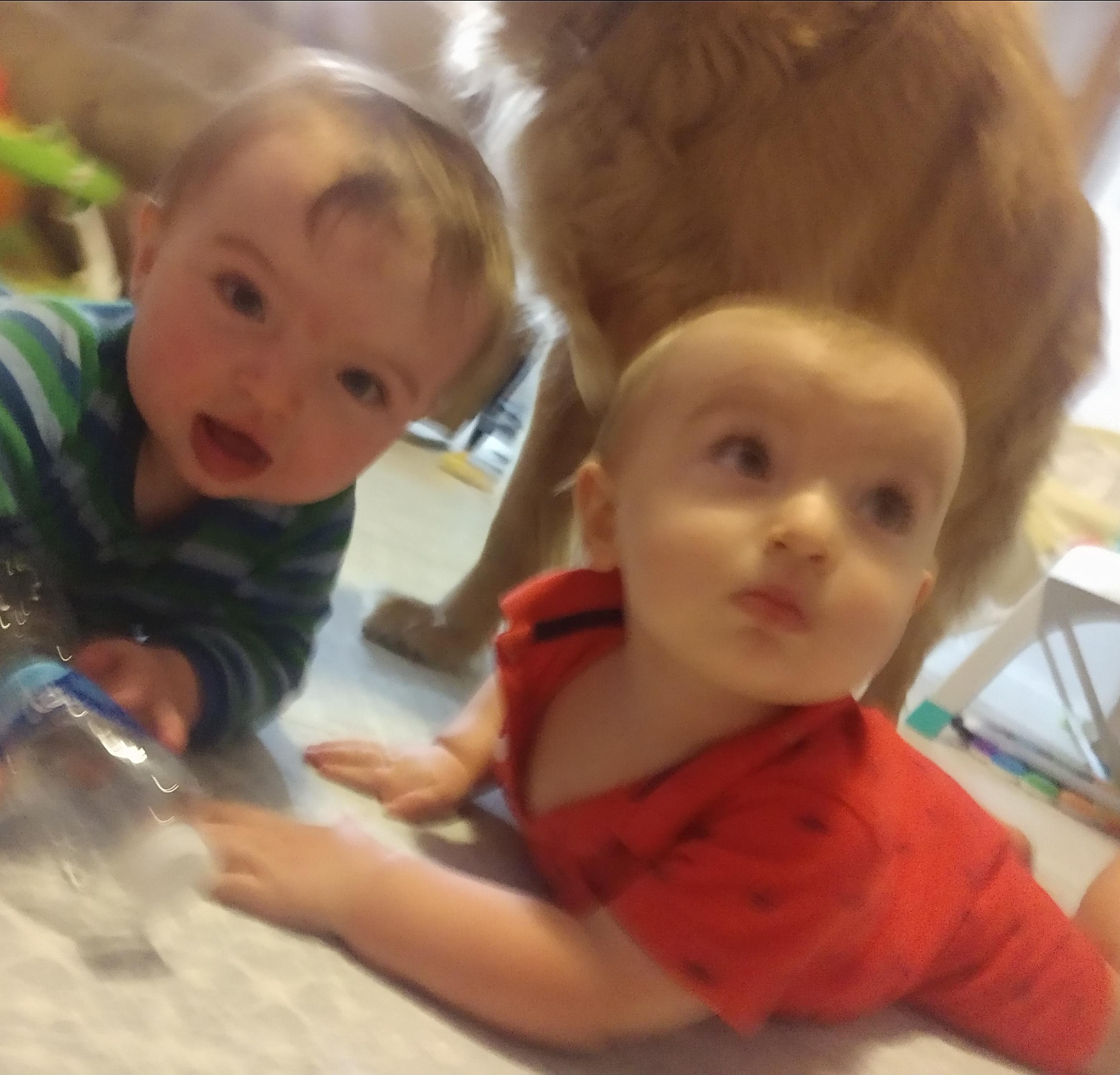Antidepressants may affect babies' head size
I don't usualy visit this board too often, but I thought this was interesting and may interest some of you as well. Good luck with you and your babies.
Moms' Antidepressants May Affect Babies' Head Size: Study
MONDAY, March 5 (HealthDay News) -- Pregnant women taking certain antidepressants may be more likely to deliver infants with reduced head growth, a new study suggests.
The researchers also found that although selective serotonin reuptake inhibitors (SSRIs) such as Paxil and Prozac relieved depression in these women, they appeared to be associated with a higher risk of preterm birth.
"Fetal body growth is a marker of fetal health and fetal head growth is a marker for brain development," said lead researcher Hanan El Marroun, a postdoctorate fellow in the department of child and adolescent psychiatry at Sophia Children's Hospital and Erasmus Medical Center in Rotterdam, the Netherlands. "We found prenatal exposure to SSRIs was associated with decreased growth of the head, but not decreased growth of the body."
In mothers with untreated depression, the babies had smaller growth in both the body and head, the investigators found.
"If the depression is untreated, it affected the whole body; but if the mother used SSRIs, the head growth of the fetus was affected," El Marroun noted. "This may mean that smaller head growth is not explained by depression, but by the SSRIs."
This suggests that imbalance in the brain's serotonin -- a chemical that helps the brain send signals from one area to another -- is not good for infants' developing brains, she said. SSRIs specifically target serotonin.
"We don't know what this means for the long-term development of these children," El Marroun said.
Doctors might be prescribing SSRIs too often, and there may be alternatives for pregnant women, she suggested. "Sometimes depression can be treated without medication," El Marroun said.
The report was published in the March 5 online edition of the Archives of General Psychiatry.
For the study, El Marroun's team studied birth outcomes in nearly 7,700 pregnant women.
Among these women, 91 percent had no or very mild symptoms of depression, about 7 percent had symptoms of depression but did not take SSRIs, and just over 1 percent were depressed and used SSRIs during pregnancy.
Women who were depressed but did not take SSRIs tended to have babies that had smaller bodies and heads, while women who used SSRIs tended to have infants with smaller heads but not smaller bodies, the study found.
Children of mothers using SSRIs had less head-circumference growth than children of depressed mothers not treated with SSRIs, although these babies also showed a reduced growth of head circumference.
Fetal head circumference may be an indicator of brain weight, and small head size in infants from birth to 4 weeks of age may be predictive of behavioral problems and psychiatric disorders, the researchers noted.
However, "we must be careful not to infer an association of SSRI use in pregnancy with future developmental problems," the researchers stated in their report.
In addition, the investigators found that children of depressed mothers who did not use SSRIs were born slightly later than usual (about one day). Children of mothers who used SSRIs were twice as likely to be born preterm.
This study shows only an association and not a cause-and-effect relationship between SSRIs, depression and birth outcomes, El Marroun cautioned.
The findings add to the growing literature on the risks associated with SSRIs and depression, and suggest that the choices women make about using SSRIs during pregnancy are difficult, said Michael O'Hara, a professor of psychology at the University of Iowa in Iowa City.
"One thing is disturbing about the paper," O'Hara said. "It ignores the fact that antidepressant medication is only one approach to the treatment of depression during pregnancy or any other time."
There is evidence that psychological treatments for depression can be used during pregnancy, or earlier for women who plan their pregnancies, O'Hara said.
"These psychological treatments allow a woman to avoid antidepressant medication, but at the same time receive very good treatment for their depression," he said.
Although some depressed pregnant women will need antidepressants, the majority do not require the medication if they are receiving psychological care, such as interpersonal psychotherapy or behavioral therapy, O'Hara added.
More information
For more about depression during pregnancy, visit the U.S. Department of Health and Human Services Office on Women's Health.
Do you see the glass as half empty or half full? I say, what difference does it make--I paid for a full glass,so either way I am getting jipped!!!


